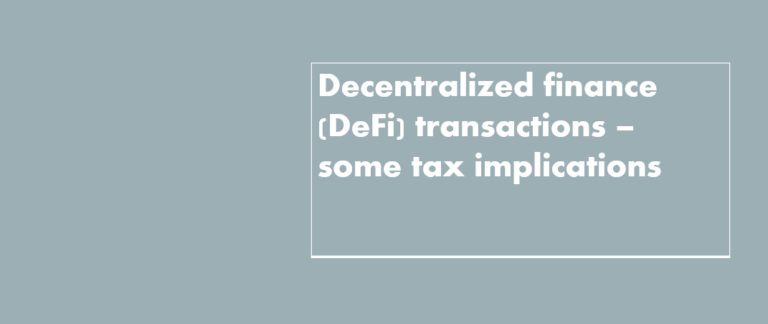
Tokenizing real estate and other assets is an emerging trend that could significantly expand investment opportunities, reduce fees for investors, and possibly remove gatekeepers in the market. Blockchain technology enables tokens to represent ownership interests in physical assets that can then be recorded securely and transparently on a public ledger.
The tokenization of real estate offers investors an alternative means of investing in property, enabling them to buy small portions and diversify their portfolios through fractional representation, blockchain technology, and smart contracts. This approach could revolutionize the industry by eliminating barriers to entry for smaller investors while offering them access to high returns.
Tokenized real estate can often be structured in the form of a special purpose vehicle (SPV), which is an independent legal entity responsible for overseeing its property management. An SPV could take various forms such as trusts, limited liability companies, or corporations depending on what format best meets investor rights and tax burden considerations – for instance, a trustee-managed trust may offer greater flexibility when it comes to transferring tokens between third-party recipients.
Fractionalization is another use case for tokenization that enables investors to buy and sell slices of real estate assets more flexibly, adding liquidity to an otherwise illiquid asset class, lowering minimum investments required by potential buyers, and creating opportunities for those with lower net worth or income levels. Fractionalization thus gives more investors access to quality real estate investments while expanding funding opportunities for unique development projects.
Real estate tokenization presents unique challenges in terms of accuracy. Accurate valuation and tracking changes to ownership within a record-keeping system like blockchain and complying with other laws & regulations are essential in this regard. Furthermore, they must be stored safely to avoid unauthorized access or speculation; custody arrangements should meet relevant regulations such as securities laws, anti-money laundering requirements (AML), and know-your-customer (KYC).
Real estate tokenization may have also tax repercussions, depending on where the transaction takes place, which requires legal and tax advice to understand these implications.
Comments:
- Tokenization provides numerous advantages, including greater transparency, efficiency, and decreased costs; however, widespread adoption requires regulatory compliance and an identifiable legal framework – something the current uncertain environment impedes significantly.
- Tokenization of assets is also a great way to streamline the investment process and make it more accessible for investors, by creating digital representations of properties which can then be stored on the blockchain and sold off through centralized marketplaces – eliminating multiple third parties, increasing transparency, minimizing human interaction and strengthening security.
- Tokenizing real estate may also help investors comply with regulations, including securities and anti-money laundering requirements. Furthermore, tokenization ensures proper due diligence is conducted on investors and any parties involved in the transaction.
- Depending on the structure of a tokenized asset it will have an impact its tax treatment. For instance, in the US equity tokens issued to non-accredited investors are considered securities and require registration with the SEC.
- Another challenge lies in ensuring the tokenized property complies with all relevant laws and regulations, such as KYC and AML requirements. Furthermore, it must also meet data privacy and security regulations.
Refer below you tube webinar for detailed discussion>>







